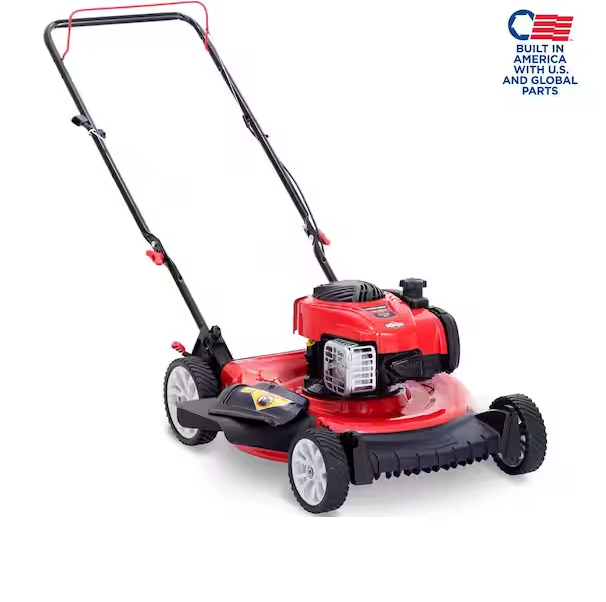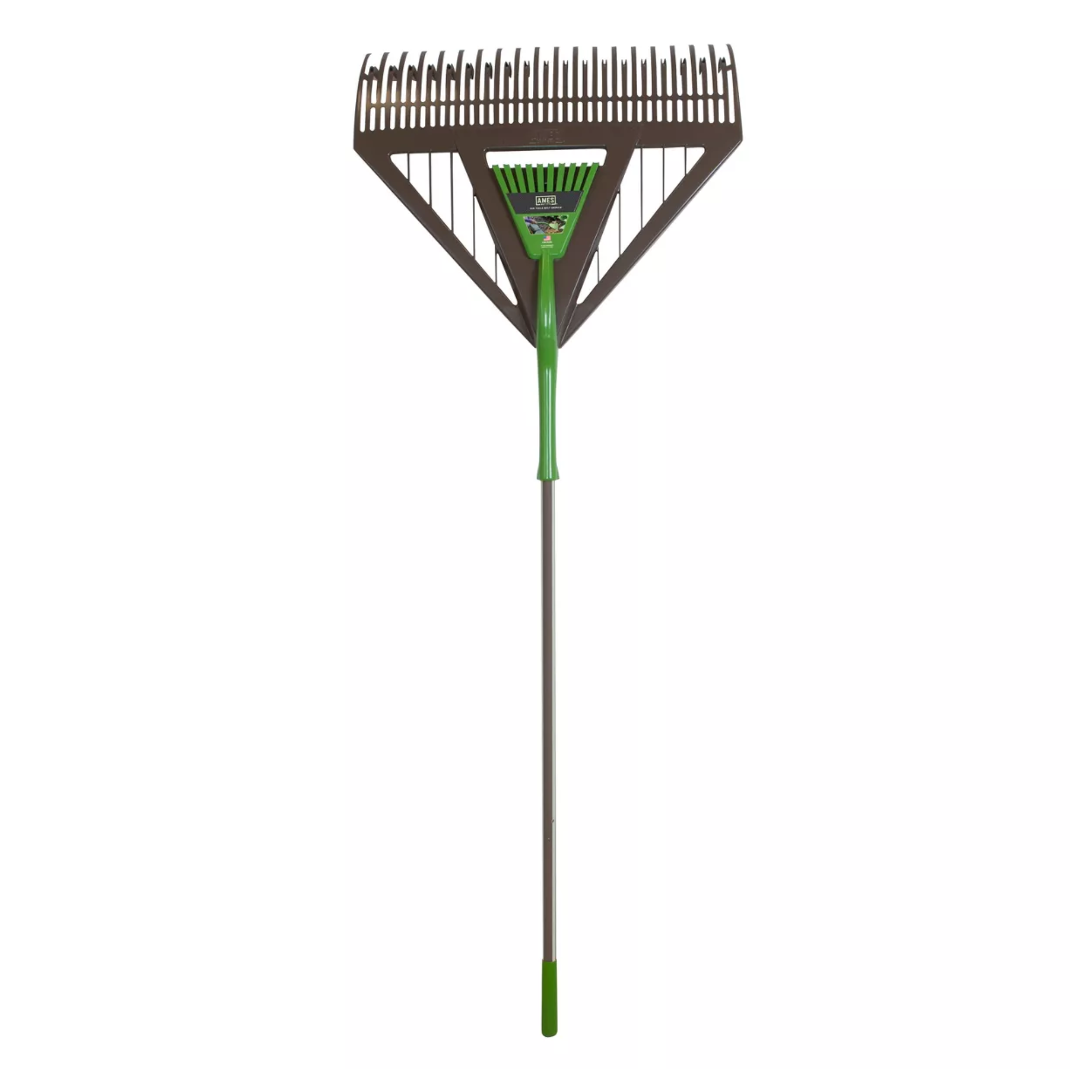‘Leave them untouched!’ – 3 reasons why you shouldn't clear up dead leaves in your backyard this fall
While a fall cleanup is a good habit to have, dead leaves can have some great benefits for your backyard
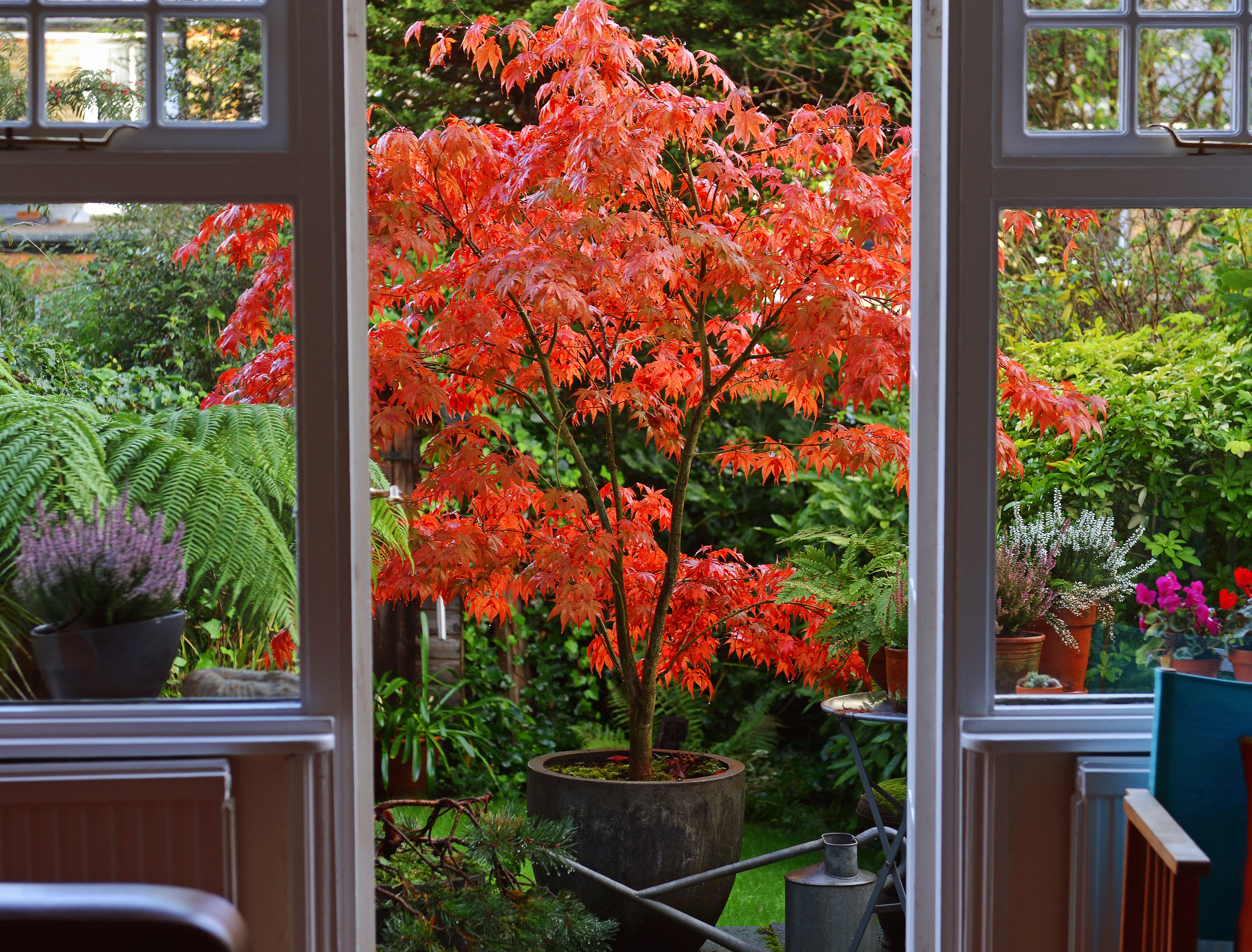
The Livingetc newsletters are your inside source for what’s shaping interiors now - and what’s next. Discover trend forecasts, smart style ideas, and curated shopping inspiration that brings design to life. Subscribe today and stay ahead of the curve.
You are now subscribed
Your newsletter sign-up was successful
You might be thinking a fall clean-up of the dead leaves in your backyard is an absolute must to keep your outdoor space looking good. Garden maintenance this time of year just makes sense, and once those colorful leaves have dropped to the ground, they soon start to rot and make a mess on your lawn. However, experts urge you not to take your clear-up too far since, as it turns out, there are some reasons why your dead leaves are best left untouched.
Gardening experts say a balanced approach to backyard maintenance is essential. You don’t want your space to look a mess, or for those dead leaves to harbor diseases and pests (especially if you’ve been faced with these issues beforehand), and yet some natural debris can actually benefit the soil and ecosystem of your outdoor space, ensuring a healthier garden in spring.
For those less inclined to winter gardening, you'll be pleased to hear that a less tidy backyard can actually provide a lot of benefits to your environment. To find out why those dead fallen leaves should be left untouched, I spoke with some gardening experts who offered three compelling reasons that have convinced us to skip the clean-up.
1. Dead leaves improve soil health
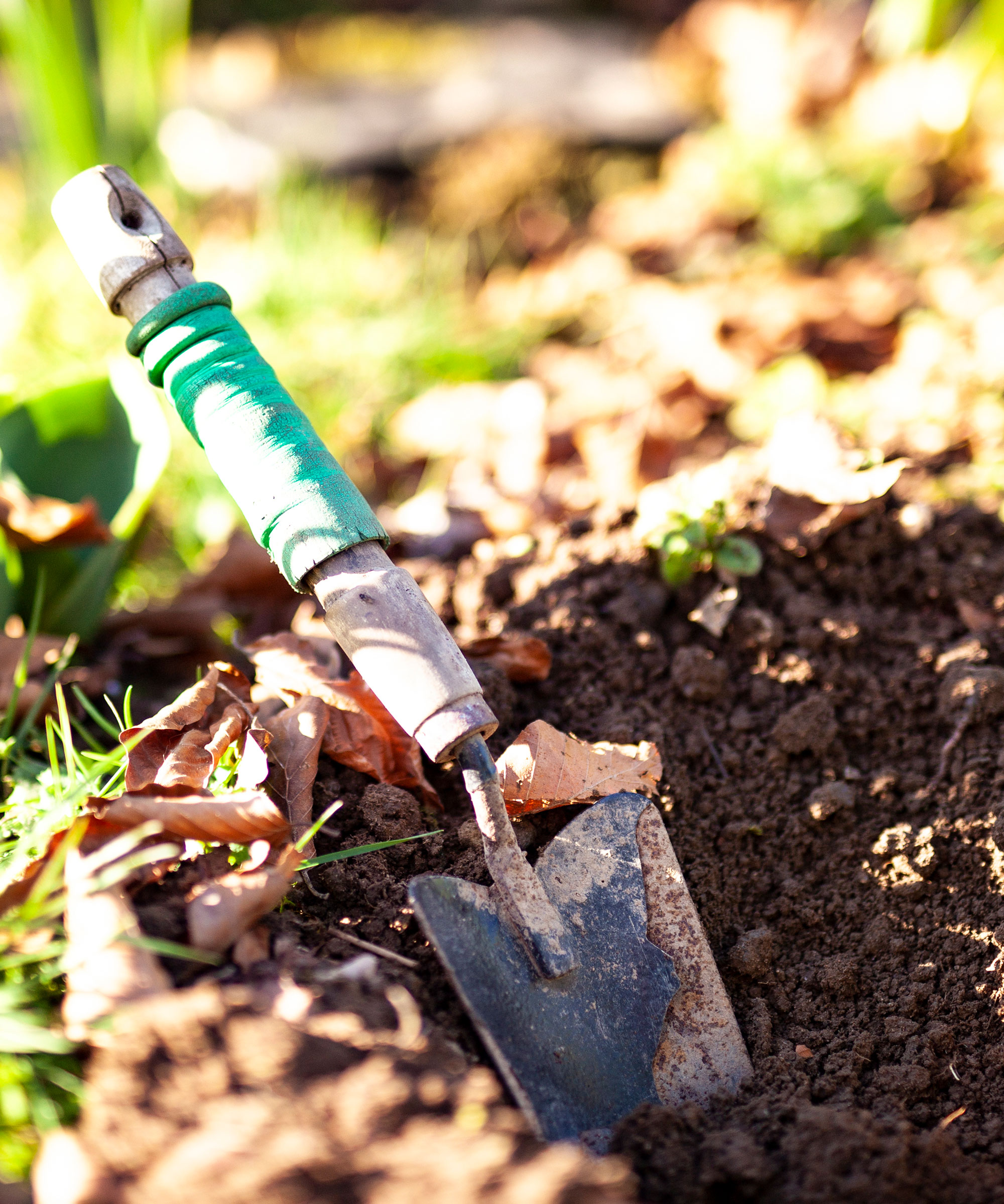
Fallen leaves and dead plants are the first things we want to get rid of once summer has past. The experts, however, urge us not to rush to compost them. ‘Dead leaves and plant debris can decompose, adding nutrients and organic matter to the soil, promoting a healthy biome,’ explains Tony O’Neill, editor at Simplify Gardening.
‘In garden borders as well as on the grass, dead leaves can enrich the soil,' adds Mike Lansing, gardening expert at Planters Digest. 'The cycle of life and death and plant breakdown that accumulates into a thick layer of rich organic matter is what gives woodland floors their abundance.'
Zahid Adnan, gardening expert at The Plant Bible, tells me that fallen leaves and dead plants also provide a food source for microorganisms that then enrich the soil health by breaking the leaves down into a natural mulch. This is nature’s natural way of feeding the soil, which will ensure a healthy rejuvenation of your soil through these cooler months.
2. Fallen leaves help prevent erosion
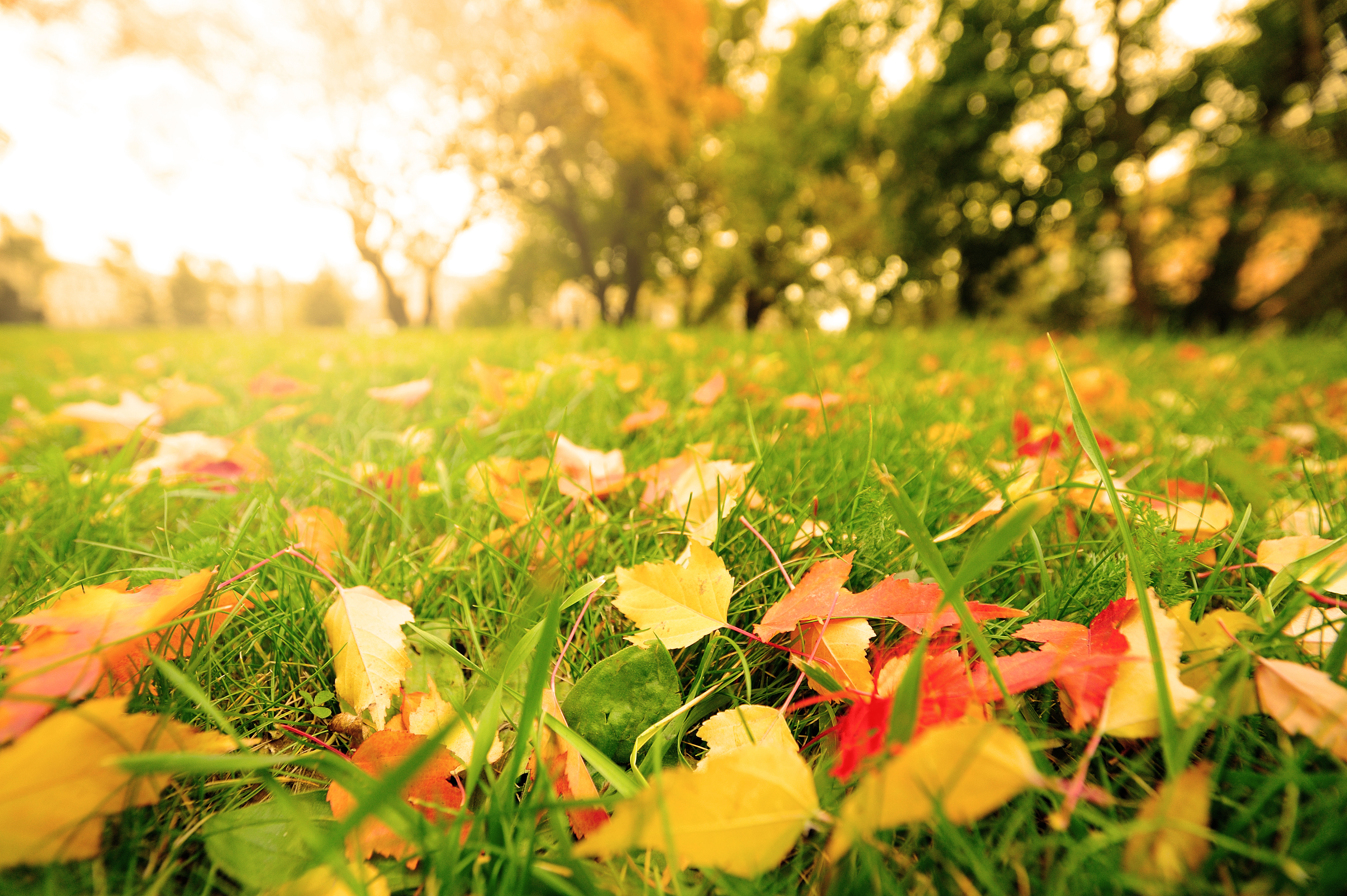
Fallen leaves, or ‘nature’s blanket’, protect the soil from getting damaged by harsh elements. With heavy rains and harsh winds, soil particles can be removed and displaced, especially in areas where the soil doesn’t have vegetation to cover it. Ice can also be damaging to the soil, and roots of your plants, if the temperatures drop very low. A bit of natural debris will act like a blanket that will keep the earth warmer.
The Livingetc newsletters are your inside source for what’s shaping interiors now - and what’s next. Discover trend forecasts, smart style ideas, and curated shopping inspiration that brings design to life. Subscribe today and stay ahead of the curve.
‘Bare soil is susceptible to erosion,' explains Gene Caballero, gardening expert at Your Green Pal. 'Without plant material and leaf litter to protect it, soil can be washed away during heavy rains, depleting your garden of topsoil and nutrients.’ Tony also adds that leaving some debris can protect the soil and retain moisture, but you shouldn't let dead leaves completely smother a lawn since your grass won't be able to get the light and air it needs. Instead, experts suggest you mow over dead leaves on your lawn to break them down into mulch.
3. Dead leaves and plants offer a habitat for wildlife
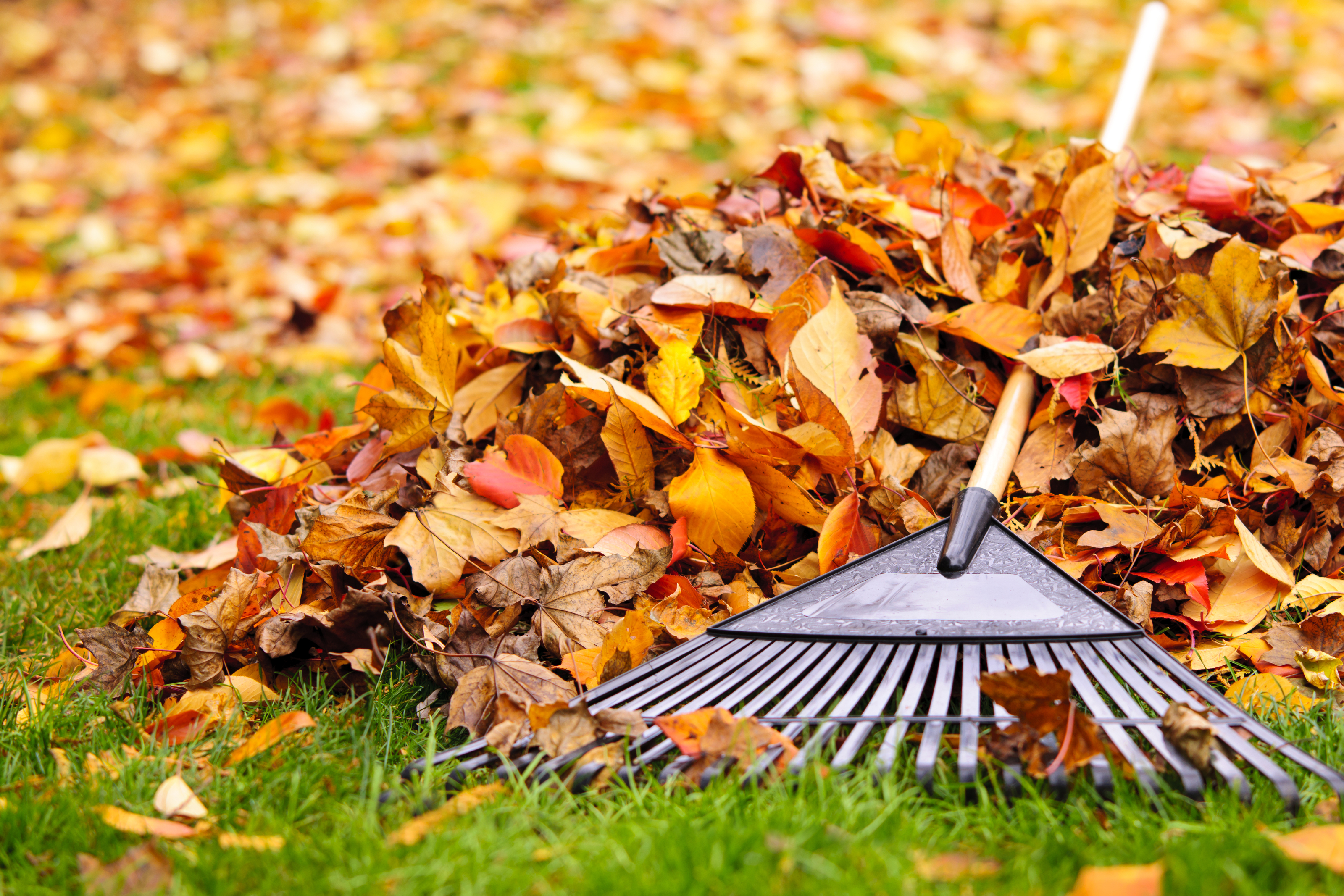
‘Many insects and small animals use leaf litter and dead plants for winter shelter,’ explains Juan Palacio, plant expert at Bloomsy Box. Gene adds that dead plants and leaf litter can also offer habitats for beneficial garden insects, pollinators, and predatory insects that will help control pests. By clearing them, you can disrupt their environment and thus the entire ecosystem of your backyard.
Michele Chambliss, garden expert at Perennial Garden Consultants, adds that another element of this wildlife gardening approach is that seeds and berries also offer a great food source for birds. ‘Although it's not always possible or desirable to have a messy yard, we can designate at least a portion of our gardens to furnish habitat and food,' she says. 'Why not leave ornamental grasses and a swath of perennial seedheads for the birds, or an area in a little-used corner for leaves to decompose? Not every corner needs to be meticulously tidy, and leaving just a section untidy can provide needed habitat and food for the wild things we share our outdoor spaces with.'
Before you rush to grab the leaf blower or rake your dead leaves this November, consider leaving at least some of your leaves untouched. Both the flora and fauna in your backyard will thank you for it.
Raluca formerly worked at Livingetc.com and is now a contributor with a passion for all things interior and living beautifully. Coming from a background writing and styling shoots for fashion magazines such as Marie Claire Raluca’s love for design started at a very young age when her family’s favourite weekend activity was moving the furniture around the house ‘for fun’. Always happiest in creative environments in her spare time she loves designing mindful spaces and doing colour consultations. She finds the best inspiration in art, nature, and the way we live, and thinks that a home should serve our mental and emotional wellbeing as well as our lifestyle.
